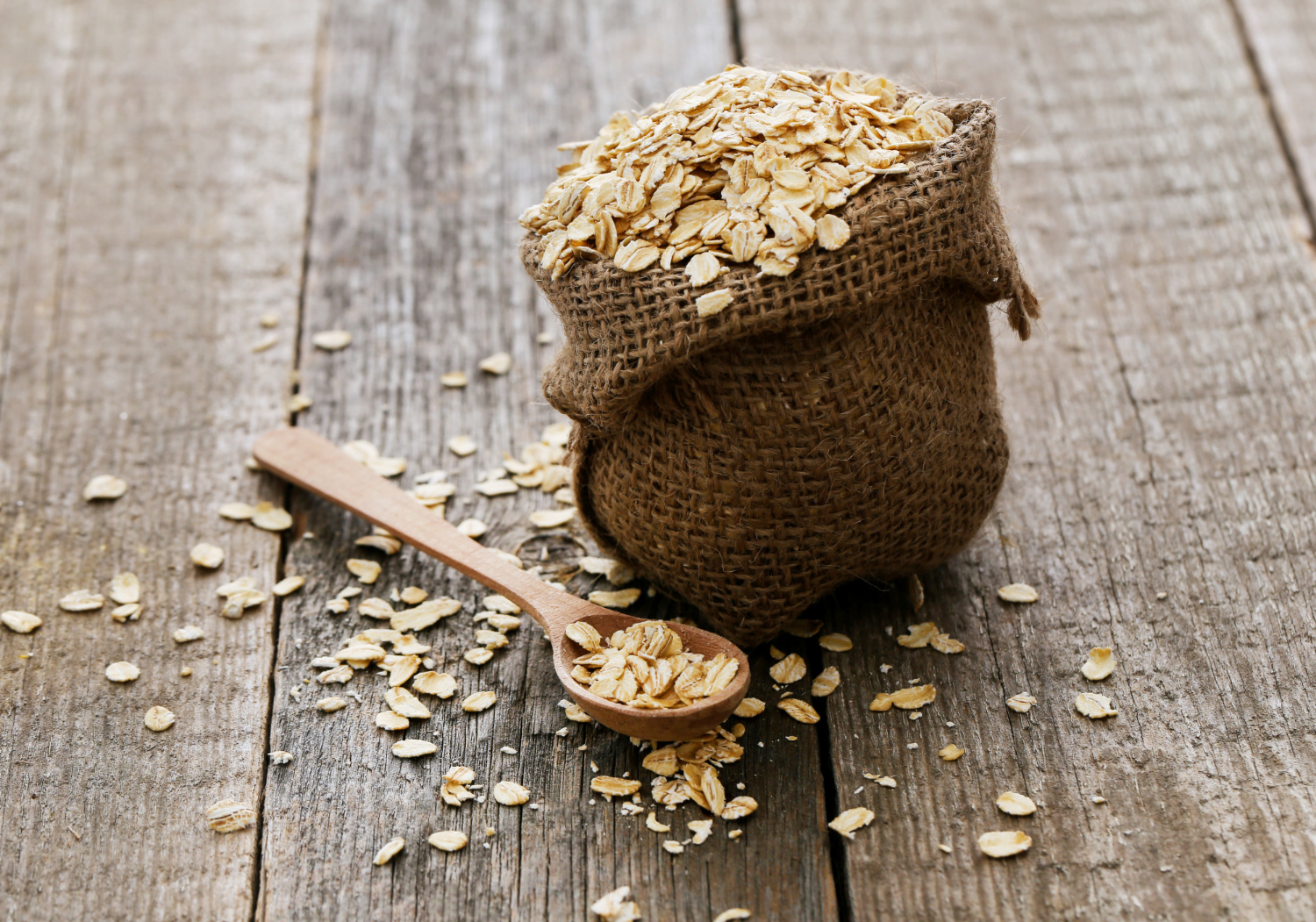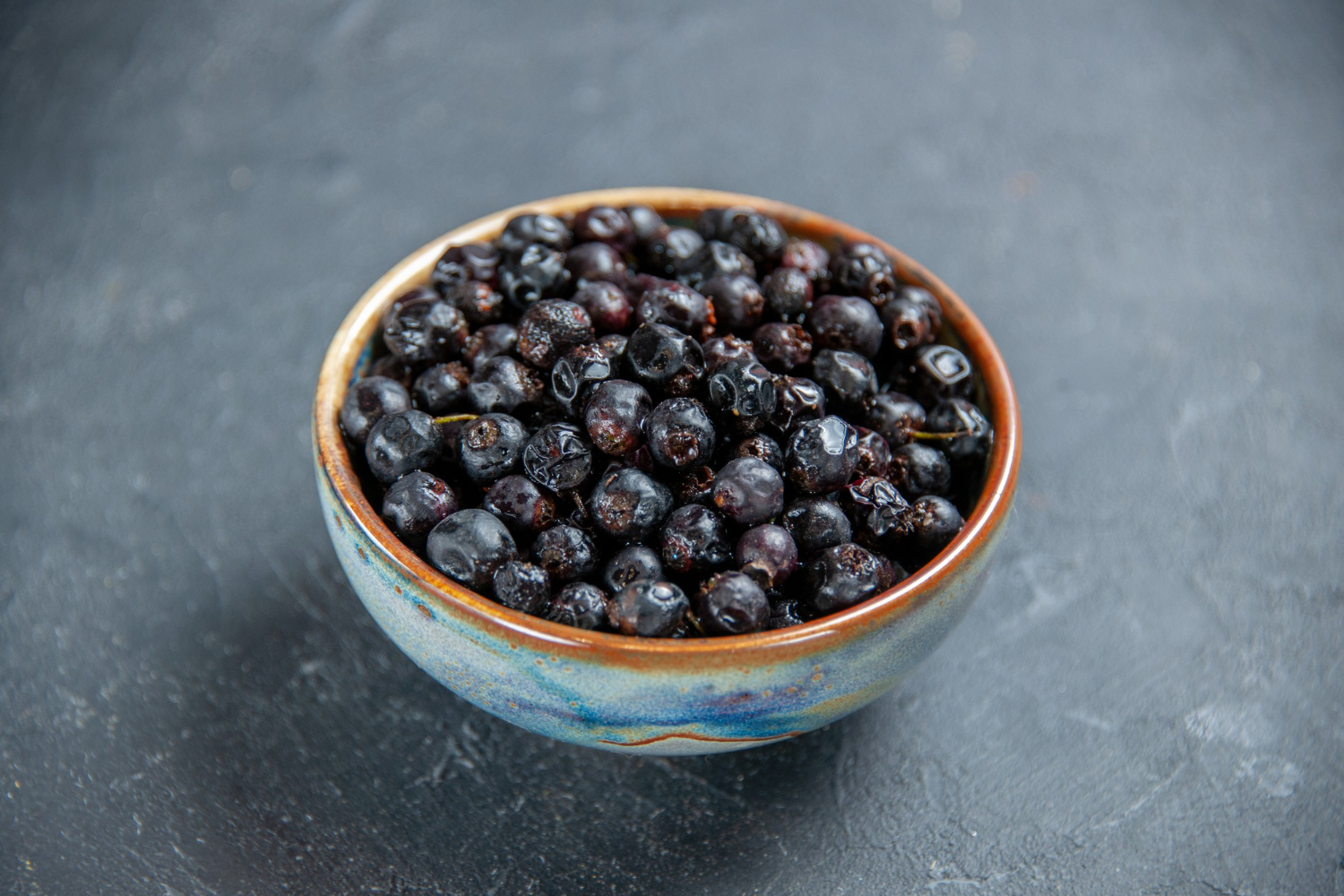Fiber – What Is It?
In the context of healthy eating, fiber often emerges as a key component worth incorporating into our daily diet. But what exactly is fiber, what are its properties, and why is it so important for our health?
What Is Fiber?
Fiber, also known as dietary fiber, is a type of plant carbohydrate that is neither digested nor absorbed by the human digestive tract. It consists of various polysaccharides, such as cellulose, hemicelluloses, pectins, as well as lignins and other plant compounds. Unlike other carbohydrates, fiber does not provide calories, but it plays a crucial role in maintaining the health of the digestive system and overall well-being.
Types of Fiber
Fiber is divided into two main categories: soluble and insoluble. Both types serve different functions in the body and are essential for maintaining health.
- Soluble Fiber Soluble fiber dissolves in water, forming a gel-like substance. It can be found in fruits, vegetables, oats, barley, legumes, and seeds like chia and flax. Its key functions include:
- Regulating Blood Sugar Levels: It slows down the absorption of glucose, which is beneficial for people with diabetes.
- Lowering Cholesterol Levels: It binds with bile acids and helps remove them from the body, forcing the body to use cholesterol to produce new bile acids.
- Promoting Satiety: It increases the volume of food, which can help control body weight.
- Insoluble Fiber Insoluble fiber does not dissolve in water and is primarily found in whole grains, nuts, seeds, and vegetables like carrots, cucumbers, and tomatoes. Its main functions include:
- Improving Bowel Movements: It acts like a broom, helping move stool through the intestines, preventing constipation.
- Speeding Up Food Transit: It shortens the time food spends in the digestive tract, which can reduce the risk of constipation and bowel diseases.
Why Is Fiber Important?
Fiber plays many key roles in our bodies, contributing to overall health and well-being. Here are some of the most important benefits associated with its consumption:
- Improving Digestion Regular fiber intake supports the proper functioning of the digestive system. It helps prevent constipation and maintain a healthy gut microbiome, which is crucial for overall health.
- Controlling Blood Sugar Levels Thanks to the ability of soluble fiber to slow down the absorption of sugars, it is particularly beneficial for people with diabetes or insulin resistance, helping maintain stable blood glucose levels.
- Reducing Cholesterol Levels Soluble fiber helps lower "bad" LDL cholesterol levels, which can reduce the risk of cardiovascular diseases.
- Maintaining a Healthy Weight Consuming fiber can contribute to maintaining a healthy weight. Fiber increases the volume of food, which causes a feeling of fullness for longer, helping to avoid overeating.
- Preventing Bowel Diseases A diet rich in fiber can reduce the risk of developing various bowel diseases, including colorectal cancer. Fiber helps food move quickly through the intestines, reducing the time harmful substances are in contact with the intestinal lining.
How to Increase Fiber Intake?
Incorporating more fiber into your diet is not difficult and can be done through a few simple changes:
- Choose Whole-Grain Products Instead of white bread and pasta, opt for whole-grain alternatives.
- Eat More Fruits and Vegetables Fruits and vegetables are excellent sources of fiber. Try to eat them whole, rather than in juice form.
- Add Seeds and Nuts Chia seeds, flaxseeds, and nuts are rich in fiber and can easily be added to various dishes.
- Consume Legumes Beans, lentils, and chickpeas are great sources of fiber that can be included in salads, soups, and other meals.
Conclusion
Fiber is an essential component of a healthy diet, offering numerous health benefits. It supports digestion, helps regulate blood sugar levels, lowers cholesterol, aids in weight management, and protects against bowel diseases. Incorporating it into your daily diet is key to long-term health and well-be
Consuming 25 grams of fiber per day should be enough to meet your daily requirement. Ideally, you should eat at least five servings of fruit and vegetables a day, as well as some servings of whole grains.


